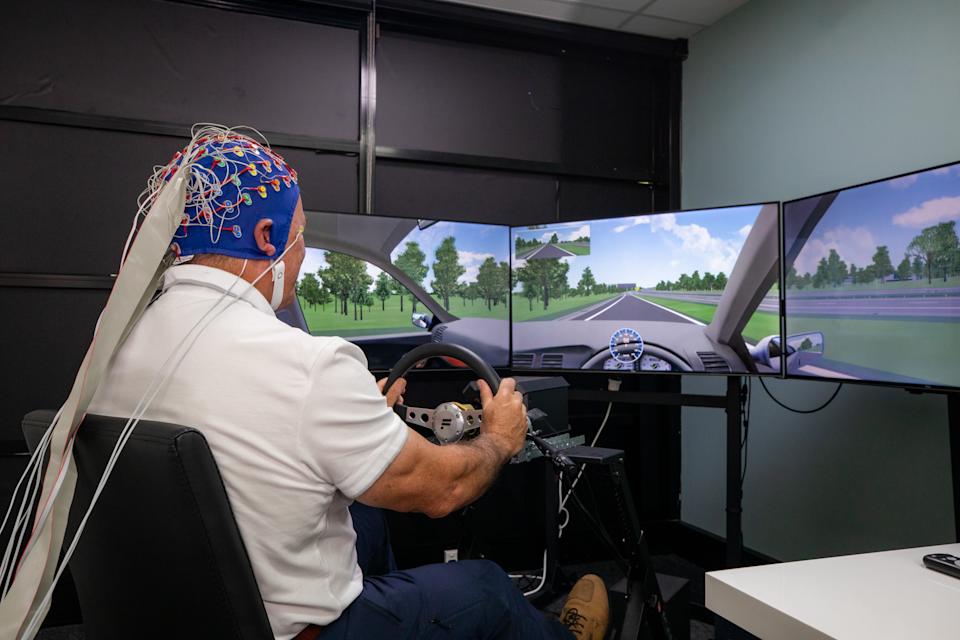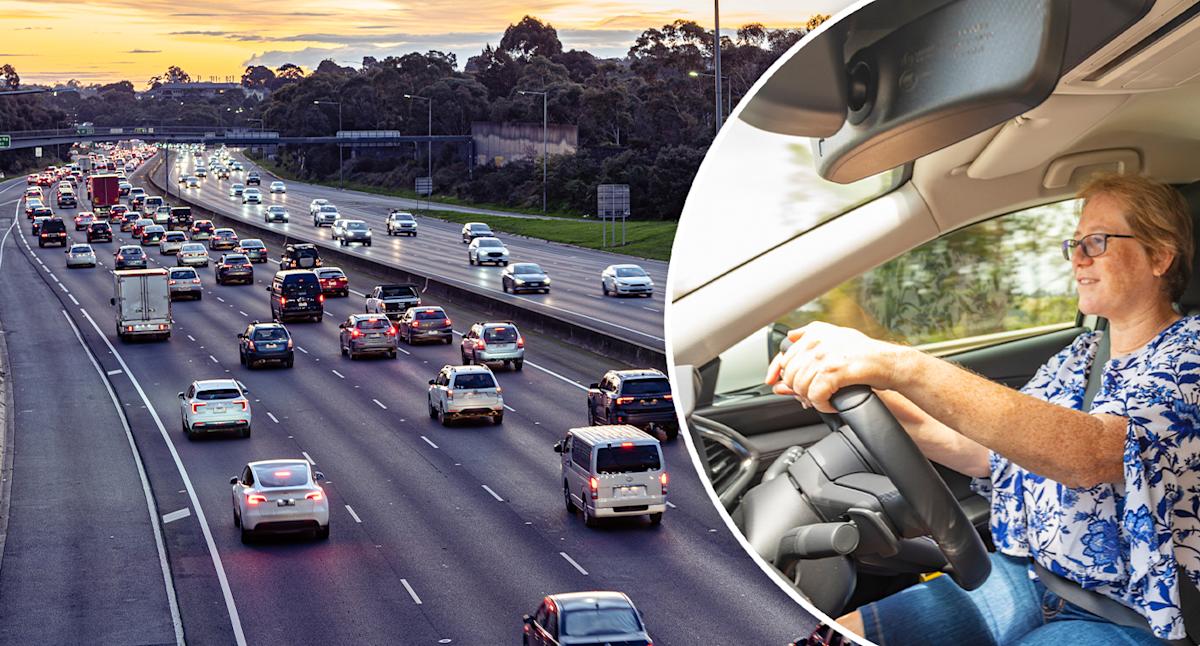As calls grow louder in one Aussie state for greater testing of elderly drivers, researchers at the other end of the country have launched a new trial that will measure age-related changes in attention.
The subject of driving regulations for older residents has become a hotly contested debate in Victoria in recent weeks after a 91-year-old motorist lost control of her car in Melbourne’s east and ploughed into a playground, leaving a two-year-old boy in hospital and killing his grandparents.
The state’s road minister, Melissa Horne, has since confirmed she asked her department to launch a review into the regulations around elderly drivers’ licences, saying nothing is off the table. While many road safety advocates have praised the move, bodies representing older Aussies and doctors have placed the emphasis on ability rather than age.
Now, researchers at the University of the Sunshine Coast are hoping to provide physicians with “better tools to accurately assess cognitive fitness” by examining brain activity and how it relates to driving.
“At present, there are no standardised assessment tools available to GPs and health practitioners to help them assess cognitive fitness to drive,” Senior Research Fellow Dr Kayla Stefanidis told Yahoo News. “There is a real need for the development of valid and reliable measures of cognitive fitness to drive.”

Trial participants aged between 60 and 90 will perform simulated driving tests while their brain activity is measured by an electroencephalogram. Source: The University of the Sunshine Coast
Elderly driver trial could lead to standardised screening method
The trial is recruiting participants aged between 60 and 90 to perform “computerised attention tasks” and simulate driving while their brain activity is measured by an electroencephalogram (EEG). The results will then be compared to a control group of people under the age of 30 who have been driving for at least three years.
“While a number of factors are important, we know that our ability to focus on the road is fundamental to safe driving,” Samantha Ellis, a PhD candidate at the MAIC/UniSC Road Safety Research Collaboration, said.
“As we age, it’s natural to experience changes in our attentional abilities. While these changes are normal, it is important to understand how they may impact our driving performance.”
Unlike standard cognitive tests, the EEG allows researchers to measure brain activity associated with attention in real-time, Ms Ellis explained.
The Road Safety Research Collaboration (RSRC) is a partnership between the Motor Accident Insurance Commission (MAIC) and the University of the Sunshine Coast. The latest trial is part of a larger program of work being conducted within the RSRC aimed at developing a screening method for assessing cognitive fitness to drive.
What are the current requirements for older drivers?
Currently, doctors and health professionals make such assessments without any standardised measures. “The development of a cognitive screening tool would help GPs and other health professionals accurately identify whether a patient requires further testing,” Dr Stefanidis said.
“For older adults, it could also reduce costly and unnecessary assessments in older adults who do not require them.”
Victoria does not have age-based driving safety requirements, and the onus is on motorists themselves to declare any medical conditions that could impact their driving to the authorities. However, drivers aged 75 and older must renew their licence every three years, which can involve various tests.
In NSW, Queensland, the ACT and the Northern Territory, drivers older than 75 are required to have an annual health check, while older drivers in South Australia must complete self-assessments, which in some cases require sign-off from a GP. Once drivers in NSW hit 85, they must also undertake a practical driving test every two years.
In Western Australia, an annual medical assessment is required to renew a driver’s licence after turning 80.
Dr Stefanidis said data collection for the study is expected to be completed in early-to-mid 2026. Anyone who wishes to take part can find out more here.
Do you have a story tip? Email: newsroomau@yahoonews.com.
You can also follow us on Facebook, Instagram, TikTok, Twitter and YouTube.


